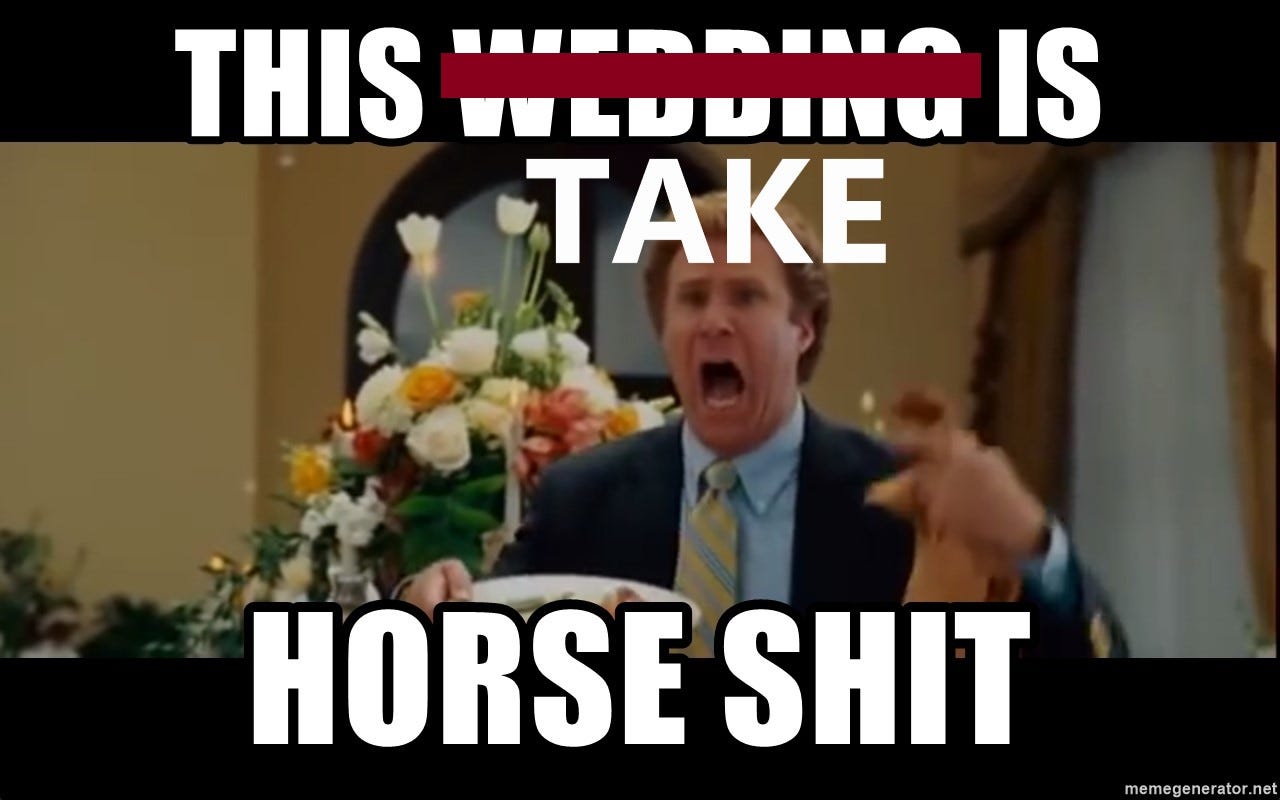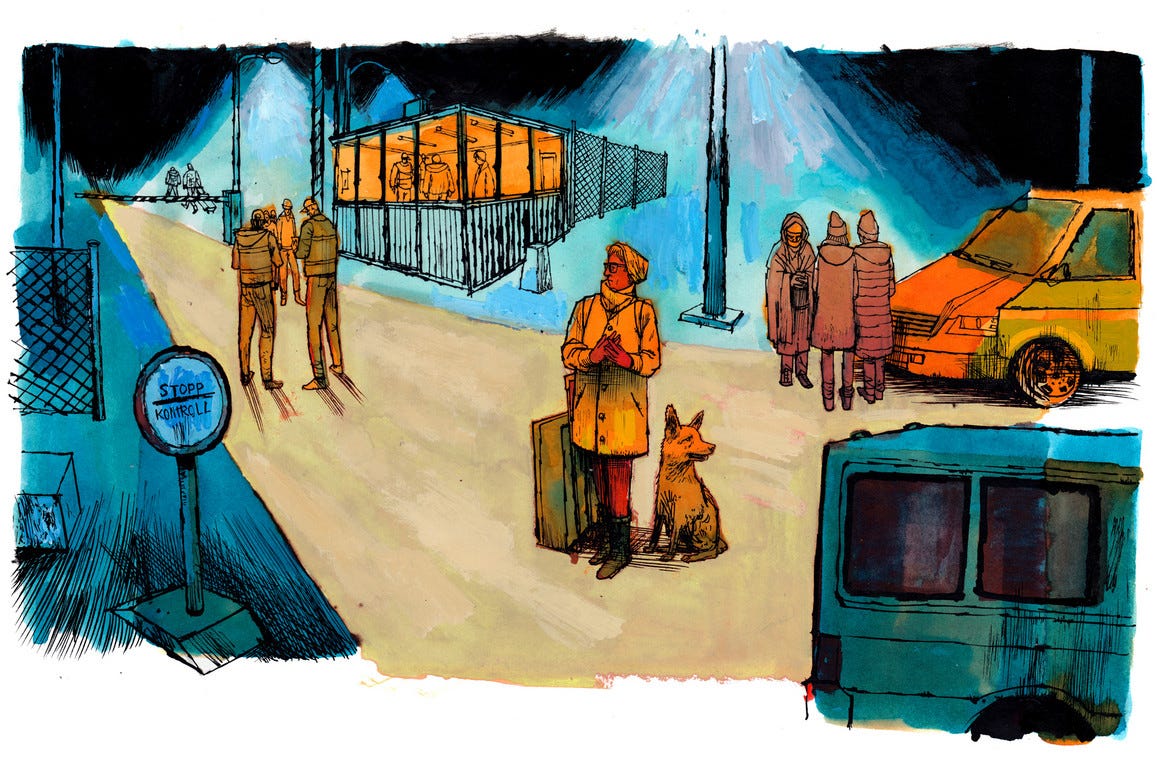📈Employee Empowerment
Watch this post on our Instagram page @weekly.upside!
The other day I walked into a Chipotle near my apartment and saw a help wanted sign with all sorts of sign-on bonuses and a path to make $100k a year. Not only that but college education was paid for and benefits including health insurance, along with a sign-on bonus.
As a self-employed individual paying thousands per year for insurance and dealing with variable pay, all of a sudden slinging burritos was sounding pretty appealing. Luckily, I realized I was just really hungry before I filled out the application.
Now this phenomenon is not isolated to Chipotle, almost all restaurants and retailers have had to up their game to hire and retain employees post-pandemic in what has been called the “Big Quit” or the “Great Resignation” by media outlets. Several articles have gone as far as to say that no one wants to work anymore.
The reality is something good came out of Covid and that was the ability and realization of workers that they don’t have to stay in jobs that they don’t like. Whether it’s McDonald’s cashiers, entry-level sales bros, or C-suite executives, workers for the first time in a long time (maybe decades) have the power to change jobs or demand raises.
There is a good quick piece in the Atlantic that debunks some of these myths from the previously linked articles about workers simply quitting and not wanting to work anymore. But since we find ourselves much more entertaining, let’s take a look at why this shift in work has occurred.
First, as we discussed several weeks ago unemployment rates are back to near all-time lows. And the percentage of people in prime working age (25-54) is surging back to pre-pandemic levels…
While job openings are reaching all-time highs…
This combination means you should feel empowered at work. With unemployment so low, and job openings so high, suddenly companies are competing for you.
And these charts don’t even take into account the shortage in certain labor sectors like manufacturing, transportation, and nursing. Or the fact that most office jobs have become full-time remote, adding further flexibility for employees to work for whoever, from wherever.
Oddly enough again, we have to thank Covid for a lot of this. It accelerated remote work making it easier to move jobs. While enhanced unemployment benefits provided by the Federal government alongside PPP loans for small businesses essentially created a $15 minimum wage that has been long debated but never officially legislated.
What’s the Upside?
If you are one of those miserable employees discussed earlier, look for a new and better job. After all, openings are at an all-time high.
If not, ask for a raise!
Even if you love your role and your company, you likely deserve a raise based on the current job market and of course, inflation.
For Your Weekend
Our round-up of essays, podcasts, and streaming shows to check out over your weekend. We cast a wide net so you don’t have to.
Follow:
Follow us on Instagram @weekly.upside to share our posts and help spread the word!
Read:
Rory McIlroy Was Once the Next Tiger Woods. So, What Is He Now? by Chris Almeida (SI)
It will be decades before anything promising in the golf world is not refracted through the prism of Tiger Woods. Since 2009 or so, no new face has been able to make a mark on the game without becoming a candidate for successor. Collin Morikawa is The Next Tiger. Before that, Jordan Speith was The Next Tiger. The first Next Tiger, though—or the first serious one, at least—was McIlroy. It was a story too tempting, too lucrative, too warm and fuzzy not to tell.
‘The Dots Were All There. We Just Couldn’t Connect Them.’ by Michele A. Berdy (Politico Magazine)
One of the last American journalists in Moscow recounts how she — and her dog — escaped Russia as Putin’s new iron curtain fell.
I work at The Moscow Times, an independent newspaper founded in 1992 after the dissolution of the Soviet Union that publishes online in both English and Russian. As the paper’s arts editor, I was planning to attend the Sochi Winter International Arts Festival beginning on February 16. A few days before I was to leave, I asked my editor if I should go — would it be safe for me to be on the Black Sea coast if war broke out? “You’ll be in a group,” she said, “and I don’t think it will start.” I said, “I don’t either, but the thing is — I didn’t think Russia would annex Crimea in 2014.” She said, “I didn’t think they’d invade Georgia in 2008.” I recognize now that the dots were all there. We just couldn’t connect them. We couldn’t imagine a full-scale invasion because a full-scale invasion was unimaginable.
Watch:
Halo (Paramount+)
Yeah, I know - another streaming service (and another service knocking off Disney’s “+” brand suffix - originally affixed to ESPN back in 2018), but early returns on the Halo TV series have been positive.
The biggest concern I had was this would be a ‘Mandalorian’ knock-off where the main actor would keep his helmet on for the duration of the show. That’s not without precedent; as Halo video game players know, you were treated to a glimpse of Master Chief’s face for about two seconds at the conclusion of Halo 4’s campaign - IF you finished it on Legendary (aka, the hardest setting).
Instead, you meet Master Chief face-to-face in the first episode. And, in my opinion, that’s smart. This Variety article lays out the rationale for the decision:
The greatest hurdle was sorting out what to do with the lead Spartan, Master Chief. In the games, the first-person perspective makes Chief a shell for the player. “He’s everybody, right?” says Kane. “He’s you, he’s me, he’s a 6-year-old girl, he’s a 15-year-old person in a different country. Whoever plays the game is him.”
That is perfect for a game character and deadly for scripted drama. But when Kyle Killen (“Lone Star”) came on board as showrunner in 2018, he hit upon a shrewd narrative path that embraces the video game DNA: Master Chief starts as a complete cypher, engineered to be so devoid of individuality that he literally has no sense of taste, and the rest of the season slowly fills out the void.
“We’re going to tell a story about a man discovering his own humanity,” says Kane, who joined the show as co-showrunner in 2019. “In so doing, he’s invited the audience to discover that guy’s humanity too.”














